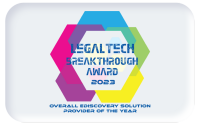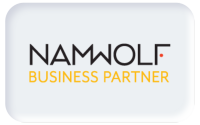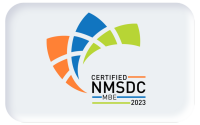Customization, configuration, tailoring – we’ve all heard these words thrown around when it comes to litigation management and eDiscovery technologies....
Keep ReadingClient Voices: Experiencing the TCDI Difference
When it comes to litigation management, our clients’ experiences speak louder than any claim we could make. Corporate entities and outside counsel share with us the transformative changes CVLynx has brought to their litigation management process.
Here’s what they’re saying about their experience with TCDI:
- CVLynx lets them manage information, access, and usage more efficiently.
- The consistency of representation improves with a central information hub for all team members.
- Collaboration across multiple case teams becomes effortless and efficient.
- Redundant work, when dealing with multiple firms, is significantly reduced, saving time and cost.
- They're able to focus more on critical aspects influencing case outcomes.
- Visibility into high-risk and emerging cases increases, allowing for better risk management.
- Reporting obligations are simplified, streamlining the compliance process.
- Overall litigation costs see a substantial reduction.
- Monitoring status and progress becomes easy with intuitive dashboards and insightful case details.














